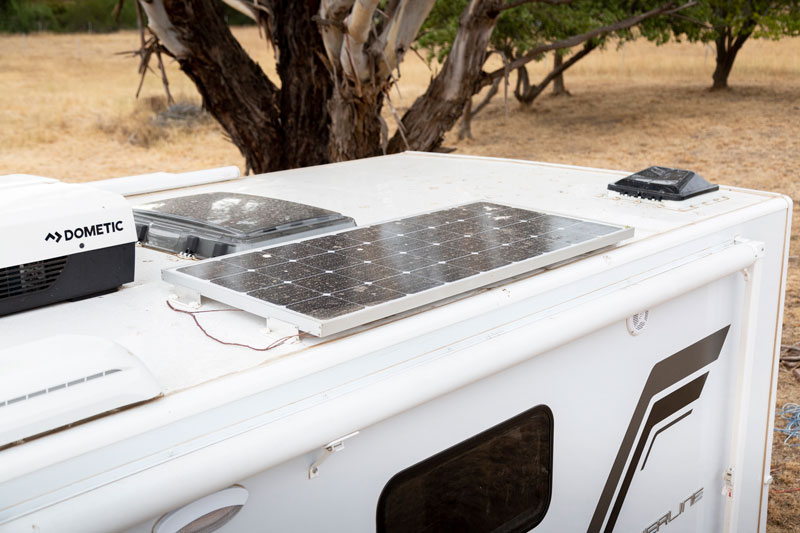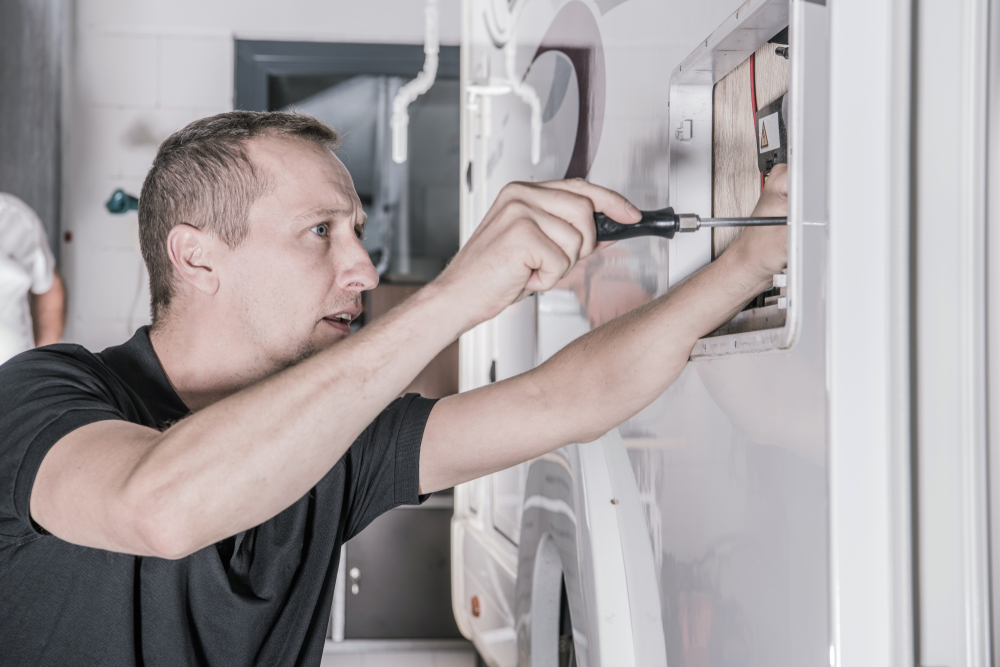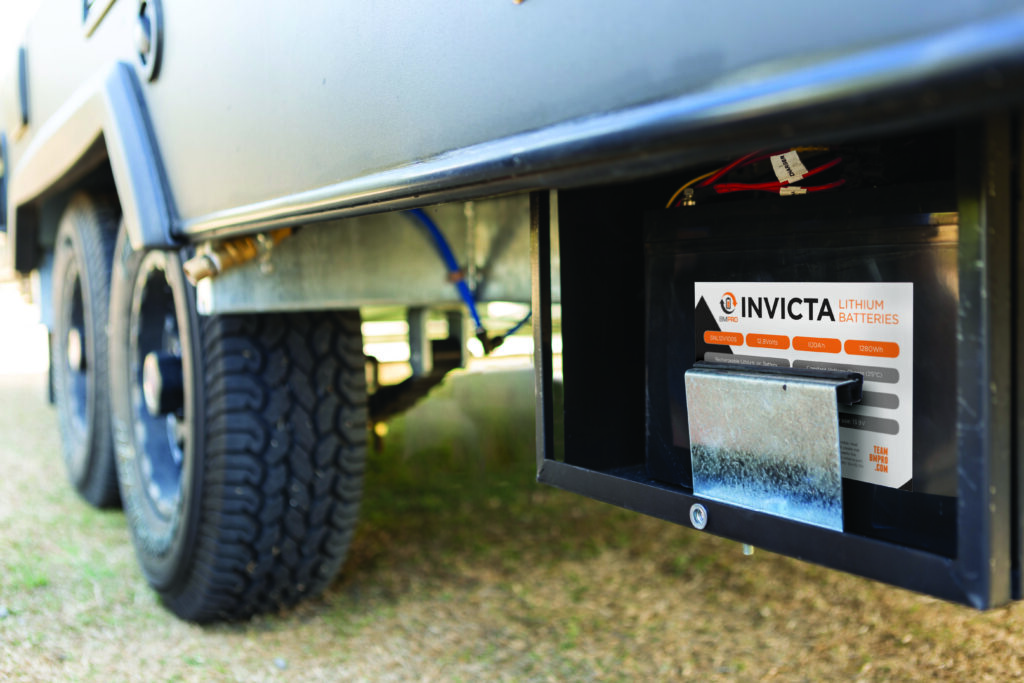
12V Guru – Optimising your Solar Power System
Solar Panels installed on your vehicle roof? Our 12V Guru discusses how to optimise their performance in place of buying more panels
Hi 12V Guru,
I am restoring an old caravan and want some advice on whether to install solar panels on the roof as it probably needs to be beefed up in strength and I am worried about running cables and brackets, or should I just use portable panels?
Jim Bartlett, Mt Gravatt QLD
Hi Jim,
Thank you for your inquiry this month. I hope your project is going well. It’s worth noting that fixed solar panels and portable solar panels have different pros and cons when it comes to harnessing the power of the sun. If you’re planning to use your van off-grid, without access to AC power in caravan parks where you can recharge your batteries, your decision will be particularly important. On the other hand, if you anticipate that your vintage project will spend most of its time on paved roads and connected to AC power with only a few nights off the grid, bracing your roof may not be necessary.
Our recommendation in this scenario is to install a single panel on your roof, ensuring that you have an MPPT solar controller. A 150W panel, along with brackets, should weigh only 12-15kg. However, it is important to make sure that your roof can handle this weight, as it could be dangerous on a windy day.
When you are connected to AC power, your battery will be fully charged, and the solar panel will not generate any power unless your battery is low and not connected to AC. On the other hand, when you are driving to your favourite fishing spot, we suggest that you have a DC-DC charger installed to charge your caravan battery. Many chargers, including the BMPRO new ProBoost DC-DC, can charge from your car’s alternator and also from solar panels – fixed or portable. This way, you can save on costs.
Ensuring that your solar controller is equipped with Maximum Power Point Tracking (MPPT) capability is crucial. Compared to Pulse Width Modulation (PWM) technology, solar regulators with MPPT are more efficient. By using MPPT regulators, you can boost your solar panel’s charging efficiency by up to 30%. These regulators constantly monitor the voltage and current output of your solar panels and adjust the electrical current flowing into the battery to ensure that it is charged at the maximum possible rate.
It’s particularly important to consider the orientation of your solar panel if it’s flat on the roof or if it’s a cloudy day. Ideally, all solar panels for residential homes or caravans should be installed at a tilt, or be adjustable, to correspond with the current latitude position and angle of the sun in the sky, which varies throughout the year. Fixed panels on homes are positioned at a specially calculated angle to maximise the time the panels face the sun and generate power for longer. While flat panels on caravans can still produce power, they are not as effective without being tilted. Fixed panels generally have a higher energy conversion efficiency than portable solar panels and can generate more power over a given period, particularly in areas with plentiful sunlight.
On the contrary, repositionable solar panels have the ability to track the sun’s movement throughout the day, providing more direct sunlight and generating higher power output. However, their conversion efficiency is typically lower compared to fixed panels, leading to a potential decrease in overall power generation. Furthermore, portable panels are often smaller in size, which limits their power output.
In the scenario you described, utilising a single panel and a DC-DC charger for both driving and camping may be the optimal solution. It is important to note that adding more panels to the caravan roof is an option, but installation can be messy and difficult to reverse due to screw holes and Sikaflex.
Safe travels,
12V Guru
Like this post? Share it!

Solar Panels installed on your vehicle roof? Our 12V Guru discusses how to optimise their performance in place of buying more panels

Looking at installing your own 12V products such as a DC-DC charger and shunt? Our 12V Guru discusses connectors and what you need to know here

This is a guide to help understand the requirements of the new standard in relation to lithium battery

© 2020